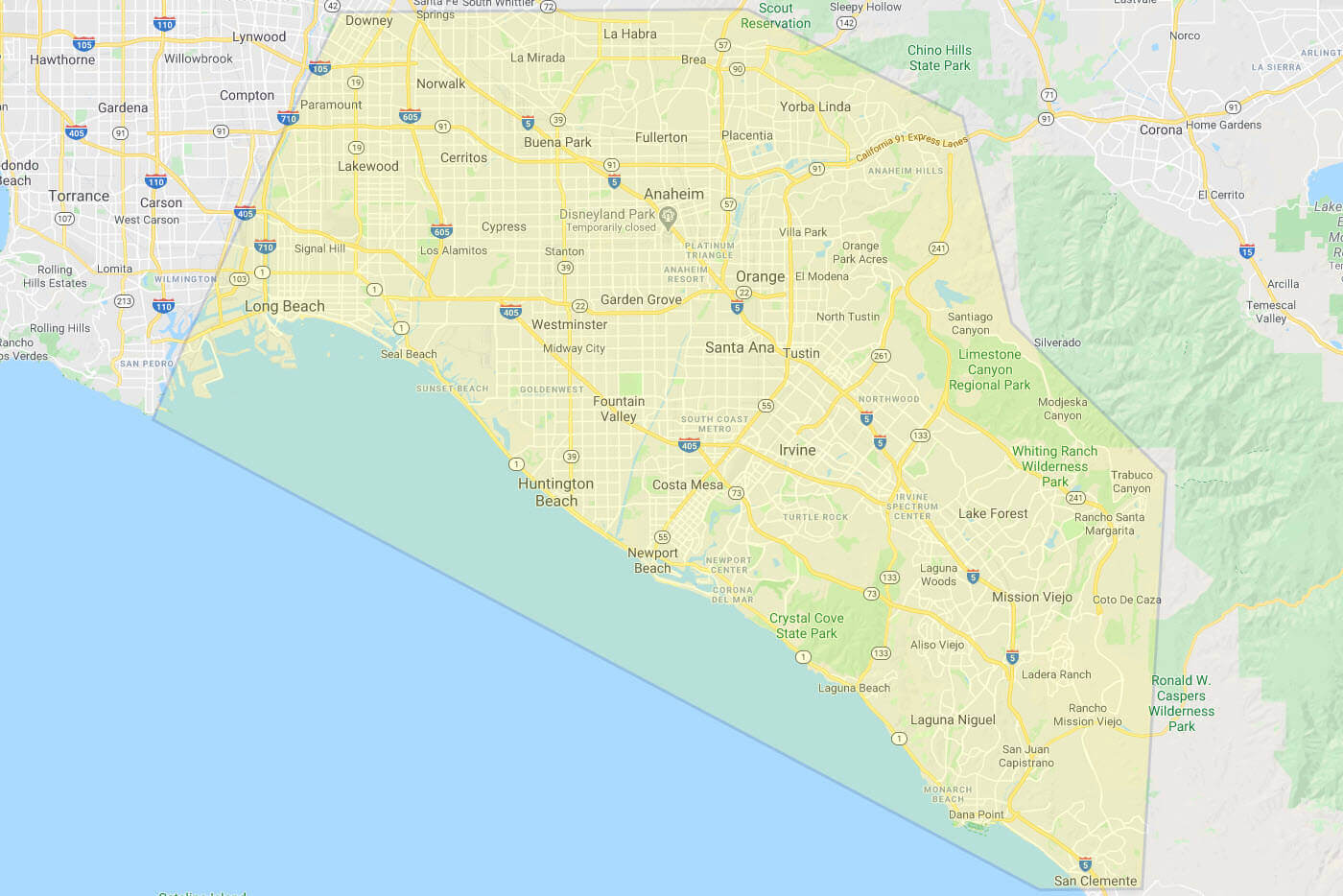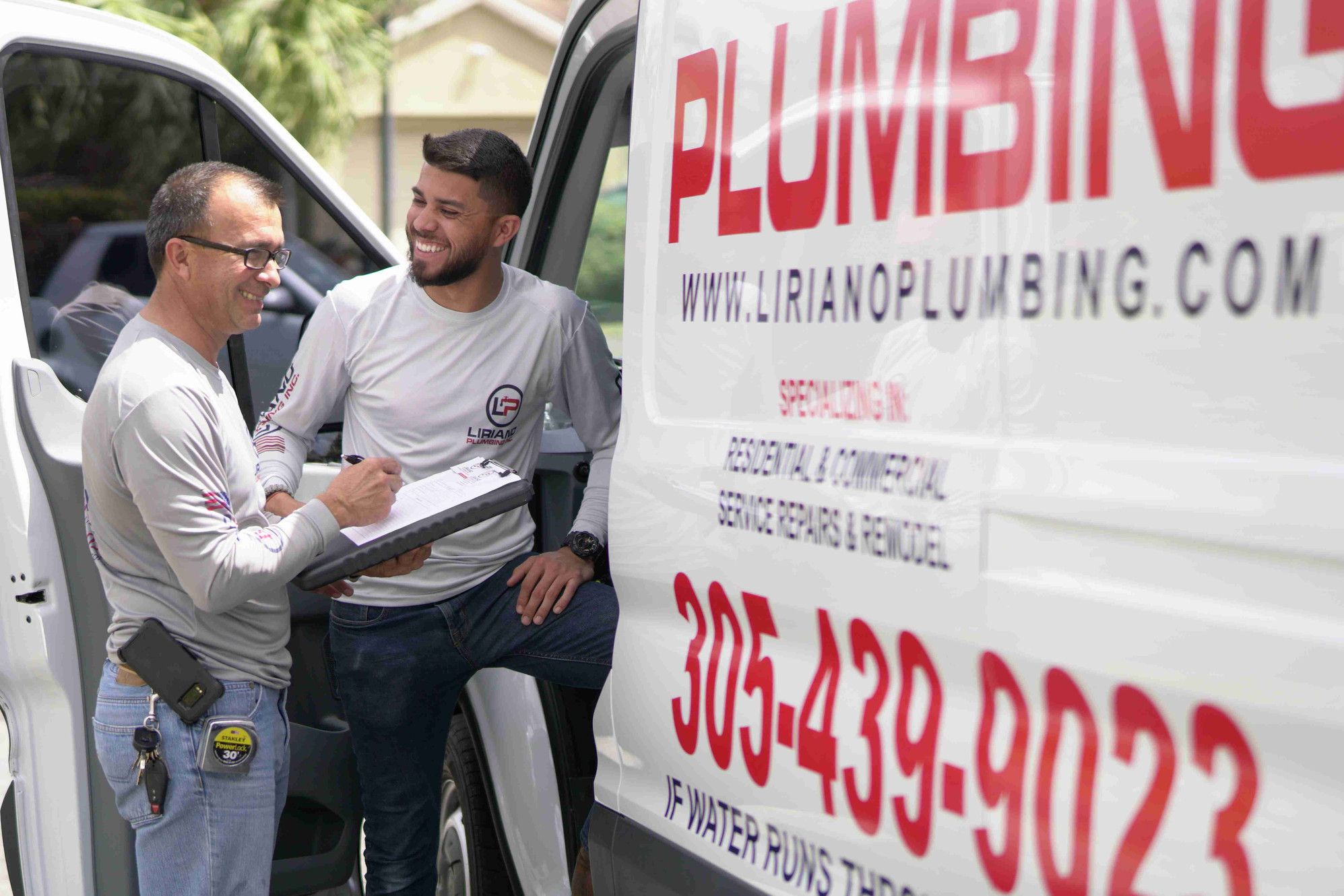How to Fix a Leaking Water Heater and a Faulty Radiator
Taking care of a dripping water heater or damaged radiator can be a genuine migraine, but don't stress - you have actually pertained to the appropriate place. Whether you're a seasoned DIYer or a newbie property owner, comprehending the actions to effectively detect and fix these usual house concerns can conserve you time, money, and a great deal of irritation. In this overview, we'll stroll you with the process, from determining the root of the trouble to implementing durable solutions. But prior to we check out, there's one vital point you need to recognize that could make all the distinction.
Key Takeaways
- Shut down the water system and power to the dripping water heater, after that drain pipes the tank completely before examining for faulty parts like valves or fractures.

- Change simple elements like temperature level and stress safety valve, yet a split tank calls for full unit substitute by a specialist.
- Bleed the radiator to release trapped air for even home heating, and flush the heating unit to get rid of debris accumulation.
- Replace defective radiator shutoffs, especially malfunctioning thermostats, to guarantee correct flow and even home heating.
- Normal maintenance, including replacing air filters and evaluating for wear or damages, prolongs the lifespan of home heating unit and protects against break downs. plumbers in my area
Recognizing a Leaking Hot Water Heater
Frequently, a leaking hot water heater is very easy to recognize. You'll usually discover water pooling around the base of the storage tank or leaking from the pressure safety valve. The most usual leakage causes are a damaged temperature level and pressure (T&P) relief valve, fractures in the storage tank, or worn seals around the tank connections.
To stop a leaking hot water heater, normal maintenance is key. Every few months, you must inspect the T&P valve by lifting the lever to validate it's working properly. Flush the container every year to eliminate debris build-up, which can cause rust. In addition, bear in mind the water heater's age - many have a life expectancy of 8-12 years. As they grow older, the threat of leaks increases.
If you do find a leakage, act quickly. Shut down the water and power to the heating system, after that call an expert plumbing. Attempting to repair a leaky tank on your own can be dangerous and might cause more damages.
With positive upkeep and timely interest to leaks, you can maintain your hot water heater running smoothly for years to find.
Repairing a Leaking Water Heater
Repairing a leaking hot water heater usually includes either changing the defective part or, sometimes, the entire unit.
Begin by shutting off the power and water supply to the heating system, then drain pipes the storage tank completely. This is an important safety preventative measure to avoid hot.
Next, evaluate the container for the resource of the leakage. Maybe a damaged valve, a busted dip tube, or a fracture in the container itself. If it's a simple valve or dip tube concern, you can replace these components independently. However, if the tank is split, you'll require to replace the entire water heater.
As soon as you've determined the trouble, shut off the gas or electrical power, then very carefully remove the old part or system. Be sure to comply with the supplier's instructions for installment of the brand-new component or heater.
Transform the water and power back on, and look for any continuing to be leakages. With the right devices and a little care, you can frequently repair a dripping hot water heater yourself.
Identifying a Faulty Radiator
Together with resolving a dripping hot water heater, you'll require to identify any type of issues with your home's radiator system. Radiators play a necessary role in offering warm, so it is very important to identify and repair any type of issues immediately.
Begin by understanding the different radiator enters your home, which can include warm water, steam, or electrical versions. Inspect the radiator for indications of leakages, clogs, or damages, as these can impact its heating effectiveness. Examine the valves and validate they're operating properly by transforming them on and off.
If the radiator isn't heating up evenly, there may be a problem with the blood circulation of warm water or vapor. Hemorrhage the radiator to release any trapped air, which can stop correct warm distribution.
You might likewise need to purge the system to remove any type of sediment accumulation. If the problem persists, consult an expert to detect and attend to the hidden concern with your home's furnace.
Dealing With a Faulty Radiator

If your radiator is faulty, you'll normally require to bleed the radiator, flush the system, or change defective valves to bring back correct performance.
Bleeding the radiator is a straightforward procedure that eliminates any kind of trapped air, enabling the system to circulate correctly. Just find the hemorrhage shutoff at the top of the radiator, put a dustcloth beneath, and transform the valve counterclockwise till water begins to flow out. Shut the shutoff when the flow is steady and air-free.
Next off, you may require to purge the whole heating system to eliminate any type of buildup of debris or deterioration. This can be done by attaching a garden hose to the radiator drainpipe shutoff and flushing with clean water up until it runs clear.
Ultimately, change any type of malfunctioning valves, such as the thermostat, which controls the circulation of warm water with the radiator. A defective thermostat can create irregular heating or protect against the radiator from warming up completely.
Keeping Home Heating Equipments
Preserving a home's heating unit is crucial for guaranteeing excellent performance and power performance throughout the year. Consistently servicing furnaces, central heating boilers, and various other heating elements can prolong their life expectancy, protect against expensive breakdowns, and keep your living spaces comfortable.

Precautionary maintenance is the essential to keeping your home heater in prime form. This consists of changing air filters, checking and changing thermostat setups, and examining for any type of indications of wear or damages. Proactively resolving concerns can help you stay clear of unexpected breakdowns and the demand for emergency repair services.
In addition, proper maintenance can boost your system's energy effectiveness, helping you reduce energy bills. By guaranteeing optimum airflow, decreasing power losses, and keeping peak performance, you'll be able to heat your home better while consuming less energy.
Do not forget your home furnace - make it a top priority to keep it properly maintained. With a little effort, you can delight in trusted, energy-efficient heating all season long.
Frequently Asked Inquiries
Just how Often Should I Replace the Anode Pole in My Hot Water Heater?
You must replace the anode pole in your water heater every 3-5 years to maintain its efficiency and extend the heater's life expectancy.
Normal anode pole maintenance is essential as it helps prevent rust, which can result in leakages and other problems.
Can I Utilize Routine Home Devices to Deal With a Leaky Radiator?
You can certainly make use of normal family devices to deal with a dripping radiator. Radiator upkeep is quite workable with standard equipment like a wrench, pliers, and a rag.
Begin by determining the resource of the leakage - it may be a faulty valve or a fracture in the radiator. When you've determined the issue, you can use your household devices to tighten links or patch any kind of openings.
With a little do it yourself initiative, you can get that radiator back in working order.
What Are the Indications of a Failing Hot Water Heater Thermostat?
You'll discover indications of a failing hot water heater thermostat when you experience temperature fluctuations - the water may instantly get also warm or also cool.
The thermostat may additionally cycle on and off extra frequently, showing it's not appropriately managing the temperature.
In addition, you might see the pilot light flickering or hear weird noises coming from the hot water heater.
These are all indicators the thermostat needs to be replaced.
Exactly How Can I Avoid My Radiators From Making Loud Sounds?
To stop your radiators from making loud sounds, regular radiator upkeep is vital.
First, bleed your radiators to launch any trapped air that can create banging and clanging.
Second, make use of a radiator trick to check the shutoffs and validate they're functioning correctly.
Finally, think about shielding your radiator pipelines to minimize sound and boost performance.
Should I Employ a Professional to Preserve My Home Furnace?
Considering home maintenance and home heating effectiveness, it's normally an excellent concept to employ a professional to preserve your home heater.
They have the experience to properly evaluate, identify, and fix any problems with your system, ensuring it runs safely and successfully.
While you might attempt DIY fixes, a pro can offer satisfaction and prevent even more costly issues down the line.
It deserves the investment for the lasting health of your home's home heating.
Final thought
To maintain your home comfy and energy-efficient, consistently preserve your hot water heater and radiator.
If you observe a leak or faulty operation, do not postpone - turned off the power and water, then evaluate and repair the elements.
With some basic troubleshooting and do it yourself solutions, you can obtain these crucial systems back in top form and prevent even more pricey concerns down the line.
